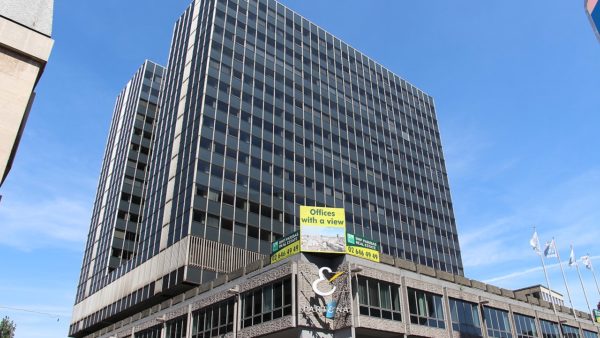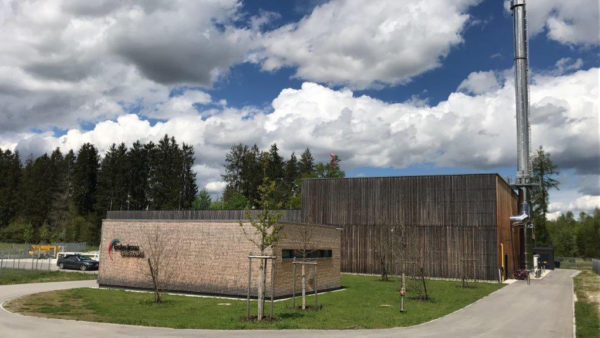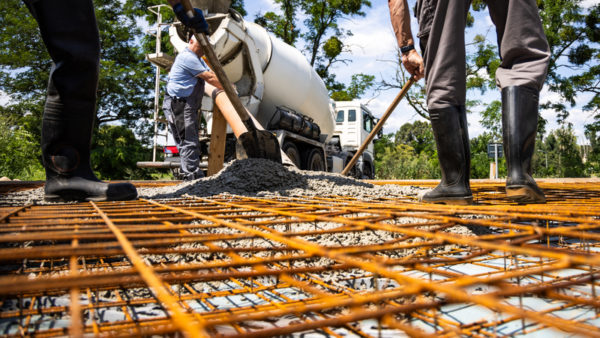The replacement of human construction workers by robots is just around the corner, according to the head of one of the UK’s largest developers.
Alison Carnwath, the chair of Land Securities, told the Institute of Directors last week that the industry was on the cusp of a technological revolution brought by advances in technologies such as robotics, unmanned vehicles and additive printing, as well as more general industrial control systems.
“Five years ago, I’d have smiled wryly if somebody had said to me that robots would be able to put up buildings in the City of London,” she said, reported newspaper The Daily Telegraph. “I tell you we’re not that far off, and that has huge implications.”
The benefits of this revolution would not be shared equally, however. She added: “Businesses are focusing on productivity, they want to re-engineer how their people can work, they recognise that technology is upon us and is going to destroy thousands of jobs.”
I tell you we’re not that far off, and that has huge implications– Alison Carnwath, Land Securities
Land Securities is the largest commercial property development and investment company in the UK, with an annual turnover of £8.2bn. The interest of such a powerful client in automated building is likely to concentrate minds among the industry’s consulting engineers and its larger contractors.
The construction industry has long been an amalgamation of sophisticated design and engineering techniques and “biblical” trades that have not changed greatly for thousands of years. The advent of specialist and general purpose construction bots may now make it possible to automate this second category, or even merge it with the first in the way that CAD/CAM systems work in factories.
Some robots can perform repetitive, but skilled, manual jobs such as laying bricks. One model, called Hadrian, can lay 1,000 bricks an hour, working day and night, and could theoretically build as many as 150 homes a year.Â
Other units can move around a site and build non-standard designs. A robot designed by the Swiss National Centre of Competence in Research last year can move around a site and use computer algorithms to perform “non-standard” construction tasks.
Meanwhile, driverless vehicle technology has begun to have an impact on site logistics, and robots that make curtain walling systems in factories, and clean them on finished buildings, may eventually fit them to those buildings when they are erected.
Another concept that is under development is “swarm building”: self-organising robots that mimic the behaviour of social insects and cooperate on large-scale building project.
Image: Will bots build London’s future skyscrapers? (© User:Colin and Kim Hansen/Wikimedia Commons/CC BY-SA 4.0)
Further reading:
Comments
Comments are closed.











We live in an industrialised situation where the use of robotics is steadily gaining pace in order to achieve a competitive economic advantage in the markets of our world! However the downside is of course steadily growing levels of unemployment on a global scale! Yet our industry has a huge safety net against such a worldwide trend! I am referring to the massive untapped potential of the various levels and types of the renewal work on all but the latest of buildings of all kinds! I am sure that many firms who wish to retain long term and highly skilled craftsmen have long since developed in this direction! Yet I am strongly convinced that there remains a huge untapped demand in this direction in great need of such specialised forms of service!
This is exciting but labour is less important in the future for construction which is away from traditions. The trend happened in other industries just a bit slow for construction. It is worth heading towards pathways like innovation, quality control, management, ethics and sustainability.